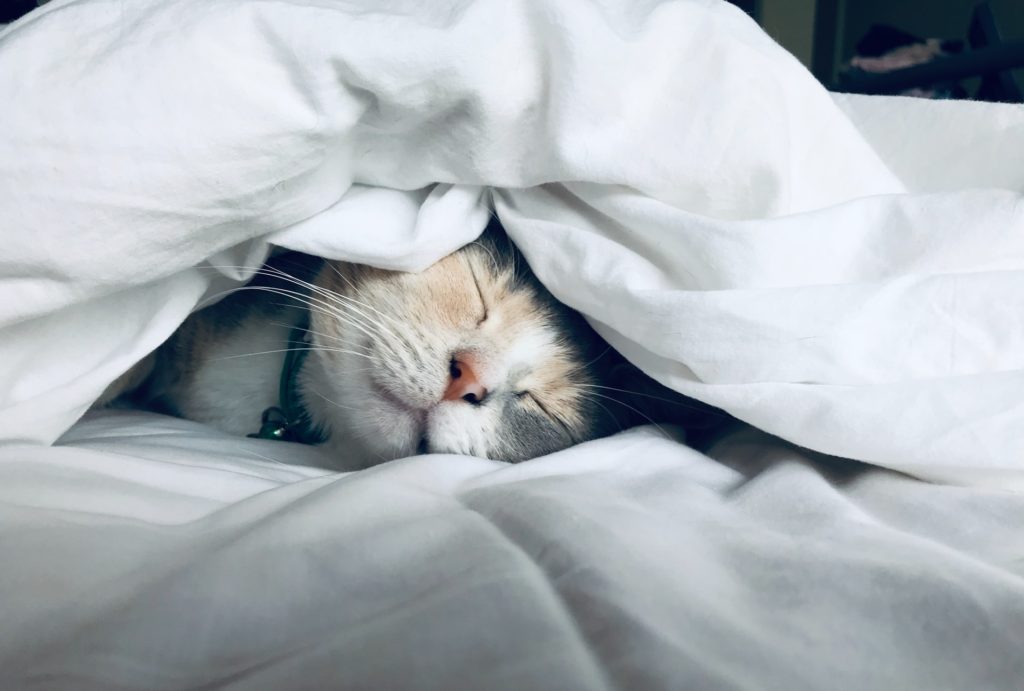Getting some good shuteye is key to a happy and healthy life. But it’s not always as easy as lying down and closing your eyes. Our busy modern lifestyles sometimes lead to unhealthy sleep cycles, which in turn make for grumpy, groggy and generally exhausted people.
Your circadian rhythm is a 24-hour cycle that is part of the body’s internal clock and runs essential functions and processes, one of them being the sleep-wake cycle.
A part of your brain called the suprachiasmatic nucleus (SCN) is responsible for running circadian rhythms in the body. It is highly sensitive to light, one of many external cues that influence this internal body clock.
Other cues that will affect this cycle and influence your body’s ability and need to sleep are exercise, social activity, and temperature.
Healthy sleep hygiene means you will be tired at night, get good, restful and restorative sleep and wake up refreshed and energetic in the morning.
Here’s how to actively reset your sleep cycle, according to the Sleep Foundation.
- Get some sunshine: Exposure to sunlight helps reinforce the natural circadian rhythm.
- Keep your sleep schedule consistent: Try to wake up around the same time every morning and go to sleep again at the same time every night.
- Get regular exercise: Daily exercise will give you more energy in the long run and can dramatically improve your quality of sleep.
- Lower caffeine intake: Stimulants like caffeine can interfere with your circadian rhythm and keep you up at night, so avoid consuming caffeine around six hours before your bedtime.
- Lower lighting before bed: An hour or two before going to bed, dim the lights put away your electronic devices to avoid tricking your brain into thinking it is daytime, and therefore withholding the hormones that make you fall asleep.
Healthline gives some additional tips on things to do before bedtime to enhance relaxation and debrief after a long day. These might help you fall asleep easier:
If you have followed these steps and are still having trouble with sleeping or exhaustion even after getting enough sleep, see a medical professional.
Picture: Unsplash

